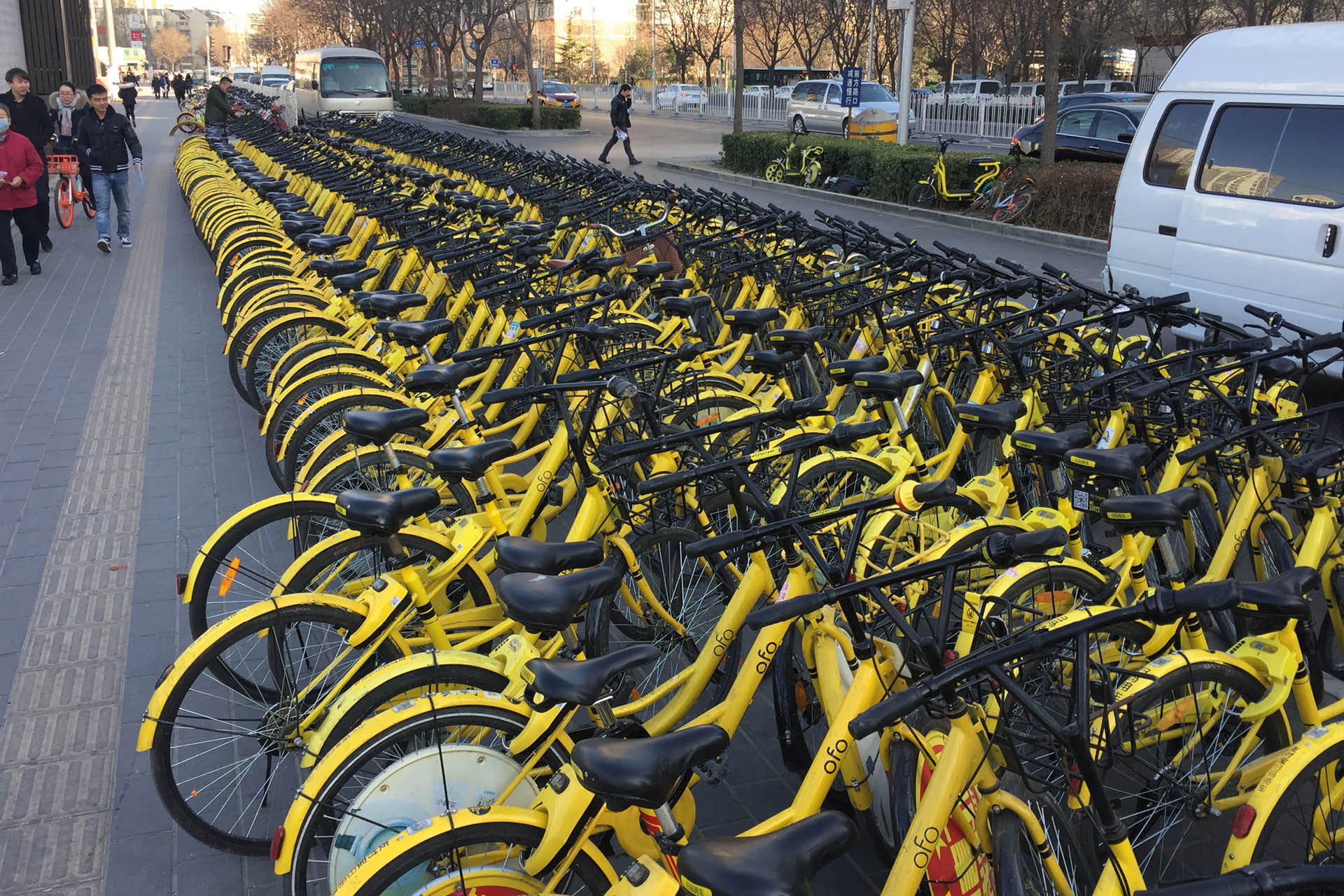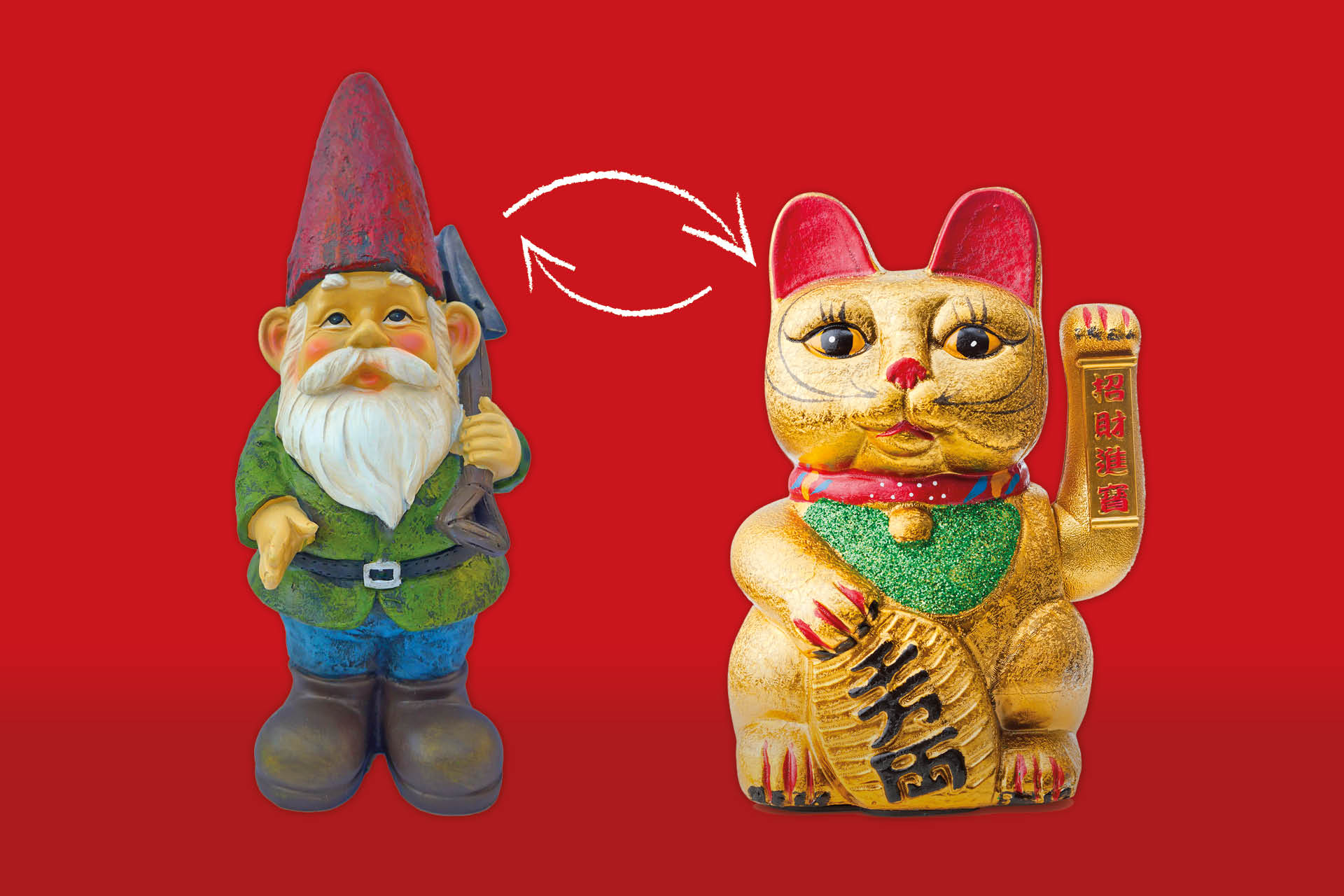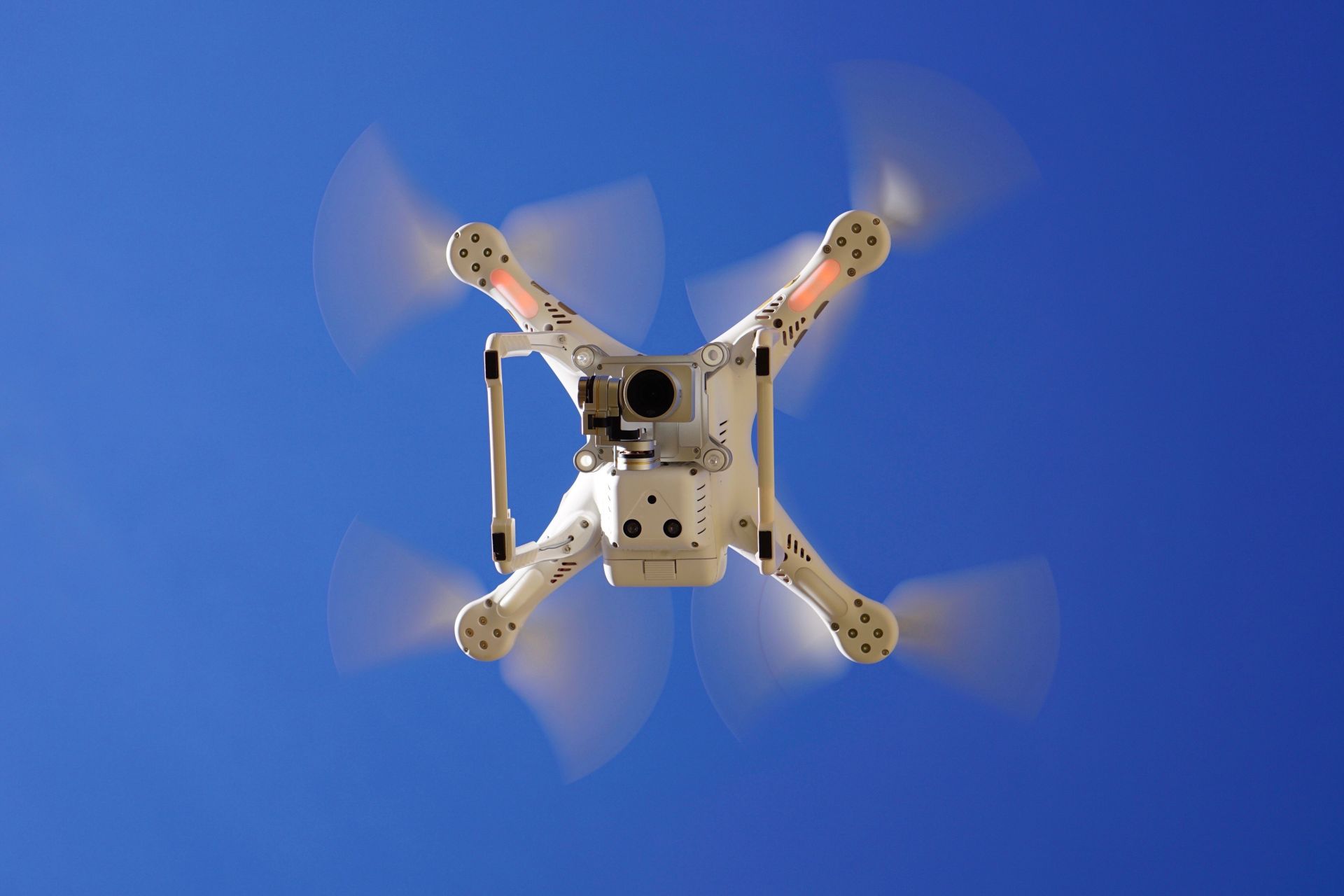Homecoming
A traveler’s voyage never ends – and when they return, they see their homeland in a different light. Dennis Schulz from our Shanghai office tells of his impressions when returning from overseas.
Apart from one break, I’ve been living in China for more than ten years now. I only return to Germany once or twice a year. So I wrote a tongue-in-cheek account of how that feels.
It really does require a major adjustment every time. It’s called ‘reverse culture shock’, and it’s experienced by people returning from abroad. So near, and yet so far. Germany is both for me. It’s home, and yet it feels foreign. So many things go through my head, so many trivialities amaze me.
Hamburg. The port, the lights, the sense of longing... sail with the ship into the wild blue yonder. Elbe. Alster. Ships. Yep, it sure is nice. My family and I enjoy the clean air and exploring the various parts of the city, each with its own distinct character. The city is more colorful and greener than Chinese cities. For us, Hamburg with its subcultures is multicultural. China, on the other hand, is more or less a monoculture. Compared to German cities, the number of foreigners living there is negligible. On the other hand, this makes it easier to get to know fellow expats – as an ‘exotic species’ we share similar experiences and there is an immediate feeling of affinity.
Sometimes, when coming back to Germany, it is sort of disappointing to find that nothing much has changed. Yet, at the same time, it is this lack of change that feels reassuring and comforting. I can see how my perception of the world around me has changed. Although I grew up with three brothers, I now find it strange to see families with more than one child. Having lived in China in a period when only one child was permitted, the image of a onechild family has become firmly ingrained. Basically, you hardly ever see families with two children, and if you do, they really stand out.
On our trip before last, we were here on Christmas Eve, the day on which Germans – unlike English-speaking cultures – celebrate Christmas. The streets were empty – there were no cars or people. They were all sitting around their Christmas trees of course. But to me it felt like the aftermath of the apocalypse – the silence and emptiness felt extremely unusual. Added to which, it was almost completely dark at night. Admittedly, this is partially due to the suburb in which my father lives. But it never feels dark in Beijing or Shanghai. This brought home to me what the term light pollution means.
Lost between two mother tongues
Once, when we arrived in Germany, I started speaking English to the taxi driver. It sometimes drives me crazy to hear German everywhere. I am constantly irritated by the fact that so many people around me are German. So much chatter that I can’t help hearing. I enjoy moving around Beijing or Shanghai and hardly taking in anything of the jabbering that is going on around me.
The last holiday in Germany was a bit like a ‘language-leaning vacation’ for our two and a half year old daughter Anika Yanqing. She is almost completely fluent in Chinese, but speaks little German. But that does not stop her from very confidently teaching German to the Chinese nanny, who speaks English with her. That’s why I was a bit concerned that after staying nearly three weeks in Hamburg, it was more likely that Grandpa would be speaking Chinese than my daughter German. But my concern turned out to be unfounded. Her vocabulary increased enormously.
Ordered chaos and a technical playground
Back in Hamburg, I laughed when I saw that the subway was empty in the morning. I got a seat at the height of the rush hour! In Beijing, I avoided the mass rapid transit in the morning, because there wasn’t even standing room and I normally had to wait three or four trains before I managed to fight my way to the front of the queue. (Nowadays, the Chinese actually stand in line at the station.) But I then regretted my arrogant attitude, as in Hamburg the subway trains only run every five minutes in the evening. You quickly get used to trains running at 90-second intervals! It drives me crazy and takes a huge amount of discipline to wait until everyone gets out of the train. Goodness, you could cut the waiting time in half in Hamburg if everyone got in and out at the same time!
Today, every major Chinese city has an MRT system, and trams have been re-introduced. Maglev trains have been built and monorails opened. China is in full experimental mode. Buses with electric motors still aren’t ready for series production in Germany? In Beijing, it’s the only type of bus allowed! Nowadays hardly anyone uses taxis, formerly a popular and inexpensive alternative to public transport. People simply call a car with an app. It’s faster, cheaper and more reliable. Or you just take a bike: Pull out your smartphone, launch the app, scan the QR code on the bike and off you go! They are everywhere ... and in fact, nowadays, there are more than enough.

Bikes for rent in Shanghai
Germany is clearly behind in terms of technology. On several occasions, I found that businesses and restaurants would not accept payment by EC debit card – they only took cash. In China, on the other hand, I almost feel weird trying to pay by card. Increasingly, businesses and restaurants there don’t accept cards. Instead, you pay with your smartphone. Shopping has already gone mobile. Nearly everything has. Wi-Fi is available in China in every snack bar, and every street vendor offers it. In Hamburg, finding Wi-Fi was a real hassle. And I don’t know anyone in China who has a landline at home. The office telephone rings maybe twice a day. On the other hand, many people in the office have two mobile phones. My brother once smugly pointed out in a crowded Hamburg restaurant that the only people playing with their mobile phones were a Chinese couple and me. Boy, was I embarrassed!
Cosmopolitan taste
When I go shopping in Hamburg, I always have to laugh at myself, because I am so fascinated that everything is so colorful and fragrant ... so unusually appetizing and attractively presented. I could spend a whole day in a supermarket or a patisserie taking souvenir photos! But I find it disconcerting that the person at the checkout speaks my language – and that they are normally very friendly, too. I don’t miss being grunted at by people who think that I won’t understand anything anyway. In Beijing it’s not unusual for the checkout assistant to draw attention to the amount displayed on the till with a short “Hmm!”. Organic produce is certainly a good thing. And it seems that you can buy things here that don’t have plastic packaging, or have something delivered that is not wrapped in five layers of film. All very impressive!
It is a pity, however, that Germany does not have 24-hour supermarkets just round the corner where I can pop in and get something I have forgotten or if unexpected visitors turn up. It’s not called a convenience store for nothing! And what about home delivery? What can I order, and where? Will it be delivered on the same day, as in China? Can I order something directly from my favorite restaurant like in China? Or do I have to use a service like Uber Eats. By the way, here is an interesting aspect for planners: Outdoor facilities should include space for couriers’ electric scooters and threewheel mopeds, and office buildings operators should require parcel stations in the basement, so that not all deliveries end up in the reception area.
Somehow, we couldn’t avoid going out for a Chinese meal while we were in Germany. That was pretty much the worst thing you could do to me: It’s basically nothing like the Chinese food we eat. Most of the Chinese who run such restaurants come from southern China (or are even Vietnamese!), and the meals only represent a tiny fraction of Chinese cuisine. Not all ingredients are available and a lot of the dishes are adjusted to suit the European palate. (On the other hand, I could write an entire book about what passes for German or Italian food in China!). I like the fact that in China dishes are ordered to share and placed in the middle of the table so that everyone can try a bit of everything. My wife and her friends giggled in Hamburg when the rice was placed on the table first. In China, rice is very rarely ordered – and only to ensure that everyone has had enough to eat.
But they found it interesting that there are restaurants in Germany where the wait staff come to the table and ask if everything is ok and whether you would like to order anything else. It was pleasant not to have to shout for the waiter.
Happy back home
Before we fly back, we always go shopping. Despite the fact that you can get everything in China nowadays – from Nutella and cheese to Levi’s – and all the major fashion chains have outlets there. I remember how excited the expats were when the first H&M fashion outlet opened in Shanghai a couple of years ago. This was only surpassed by the furore when Burger King came to China. But a) western food and products are expensive and b) I am bigger than the average Joe in China, which makes it difficult for me to find the right size.
On the return trip, we get our first taste of China at the departure gate. The noise level is substantially higher, and the hustle and bustle increase. But it seems that it is no longer a requirement in China that every passenger has to jump up and grab their bags as soon as the aircraft touches down. And once we have landed, the beat goes on... people talking loudly on their phones, jostling and pushing in... We have returned to a country where people will stand in line for an hour to get a ‘special’ kind of tea. I’m home, and glad to be back. Honestly, I would really miss this chaos!

